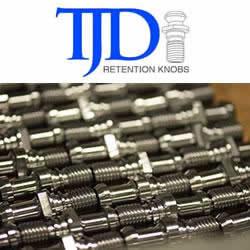How to Mitigate Supply Chain Risk in the Food & Beverage Industry
Sanitation Challenges Modern Manufacturers Face (and How to Fix Them)
How Were Manufacturing Best Practices Disrupted by the Pandemic?
Lean manufacturing losing pulling power - New approach required to ensure a steady supply
6 Implications of the Chip Shortage for Auto Manufacturing
Designing a More Responsive Supply Chain: 7 Strategies for Manufacturers
Learn How To Protect Your Business with AI for Visual Inspection - Pleora Webinar Live April 6, 2022
Leveraging Technology for Developing the Circular Economy
7 Critical Flaws in the Manufacturing Supply Chain and How to Correct Them
ELECTRONICS SUPPLY CHAIN CHALLENGES
Keys to Building More Autonomous Systems Into Manufacturing
New Solutions for Materials Manufacturing Reduce Environmental Impact in Construction
It's Not Just Consumers Who Prefer To Buy Online
The Future of Supply Chains Post-Pandemic
6 Emerging Solutions for Industrial Noise Control
Records 46 to 60 of 328
First | Previous | Next | Last
Supply Chain - Featured Product

